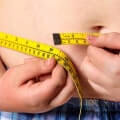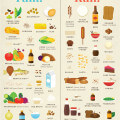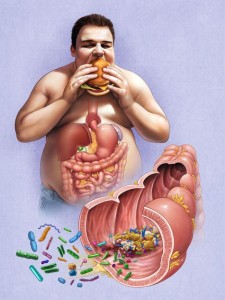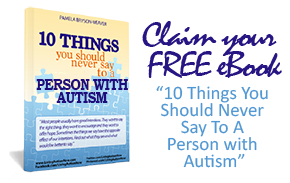
To parents like us who have children on the autism spectrum, every meal time is a battle where we often emerge as losers. Many of our kids are known to be picky eaters making a healthy autism diet a struggle. Many of them are also sensitive to various food items due to digestive issues and the likes. Think about headaches, stomach cramps, vomiting, diarrhea, irritable behavior, diarrhea and meltdowns– all because the food we put on the table are not attune to their digestive system.
So, what to do?
In our journey, we often seek out various dietary regimens– all to provide the healthiest and most nutritious meals for our beloved. We home-cook and make huge sacrifices to ensure just that. So, what to do when implementing a healthy Autism diet for your child? Here are some helpful tips:
- Start with a food diary. Make focused observations on your child’s eating habits. Record what he or she eats and any symptoms that occurred alongside them. From the littlest morsel down to what he or she drinks, keep it on record. This is one way to check for allergies as well as what’s often labeled as “food intolerance” to individuals with Autism.
- As much as possible, serve only home-cooked meals. This is one way for you to keep hawkeye control on what your child consumes. Restaurant-prepared foods often have a lot of MSG and other hidden ingredients to enhance flavor and aroma. Some of these “secret” ingredients may cause harm than good to your child.
- Educate yourself on various autism-friendly dietary options. There’s the Gluten-Free, Casein-Free diet, Ketogenic diet, and so on. These diets are known to deliver dramatic improvements to individuals with autism like improved focus and concentration, enhanced locomotor functions, and so on. By researching, you can also become adept with new discoveries leading to a more optimized health of your child.
- Beware of special occasion cravings. It cannot be helped that sometimes, in our excitement and joy to celebrate birthdays, Christmas, Thanksgiving, and so on, we tend to forget the importance of sticking to our child’s dietary regimen. To ensure that problems will not crop up, finding festive substitutes or alternative helps a lot. Just slip it quietly into his or her meal routine without giving a hint that will make him or her feel isolated from the rest. When attending parties, you may want to have emergency treats handy. A quick talk with the celebrator by explaining to them about his or her food sensitivities will help. Suggest bringing such food yourself to not cause a ruckus.
- When grocery shopping, it is essential to read the fine print carefully. Keep in mind that some manufacturers do not divulge if their products has gluten or casein additives. Do your own research while observing your child’s reaction to it. Keep in mind that your child can also be exposed via hand-to-mouth ingestion.

- As much as possible, go for a mitochondria-friendly diet (See previous post HERE). These tiny organelles are considered to be the body’s energy and mental capital. When optimized, these quadrillions of organelles can help your child’s body stay healthy and disease-free while improving their focus, metabolism and digestion.
- While vegetables are absolutely a YES, be vigilant about fruits. Some fruits are high in fructose and can do more harm than good. You may want to consider stuffing on leafy greens and colorful veggies, and complement these with a handful of fresh fruits particularly berries, avocado and olives.
There is no easy way to implement an autism-friendly diet. There will be meltdowns. There will be certain changes to your child’s behavior. But all these are but on a short-term basis. To ensure building up rapport with your child, try to introduce healthy options slowly. Easing your way in will definitely give more chances for your new healthy diet regimen to become a success. Do remember: this is all for your child’s sake. Now, start that stovetop burning!
Do you have a special diet for your child with autism? Share it with us. Write to pamela@livingautismnow.com or livingautismnow@gmail.com. See you!










